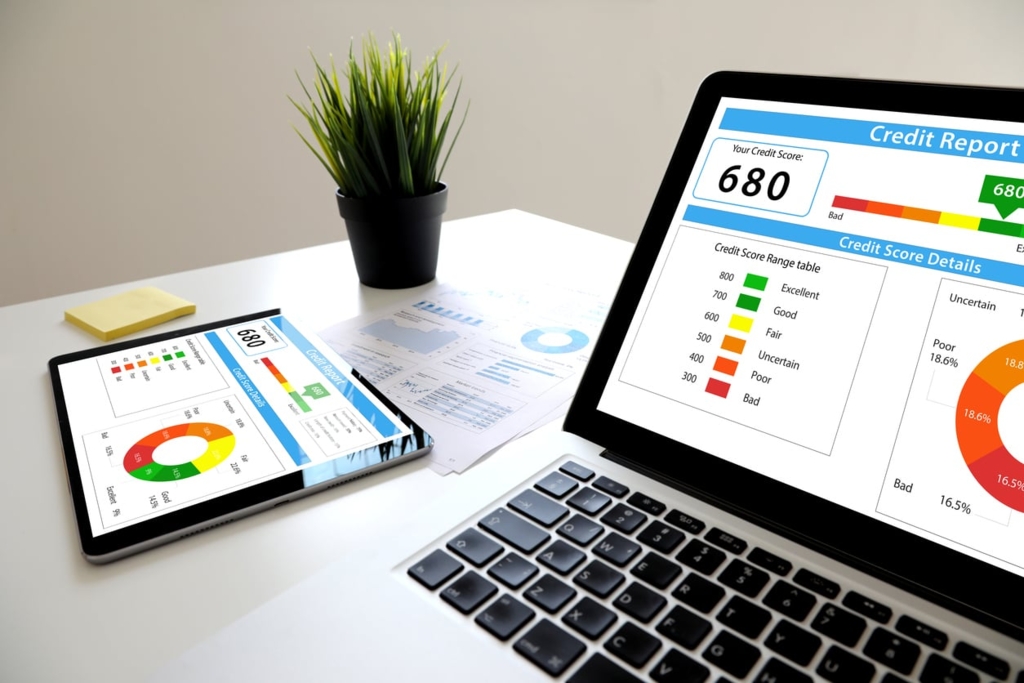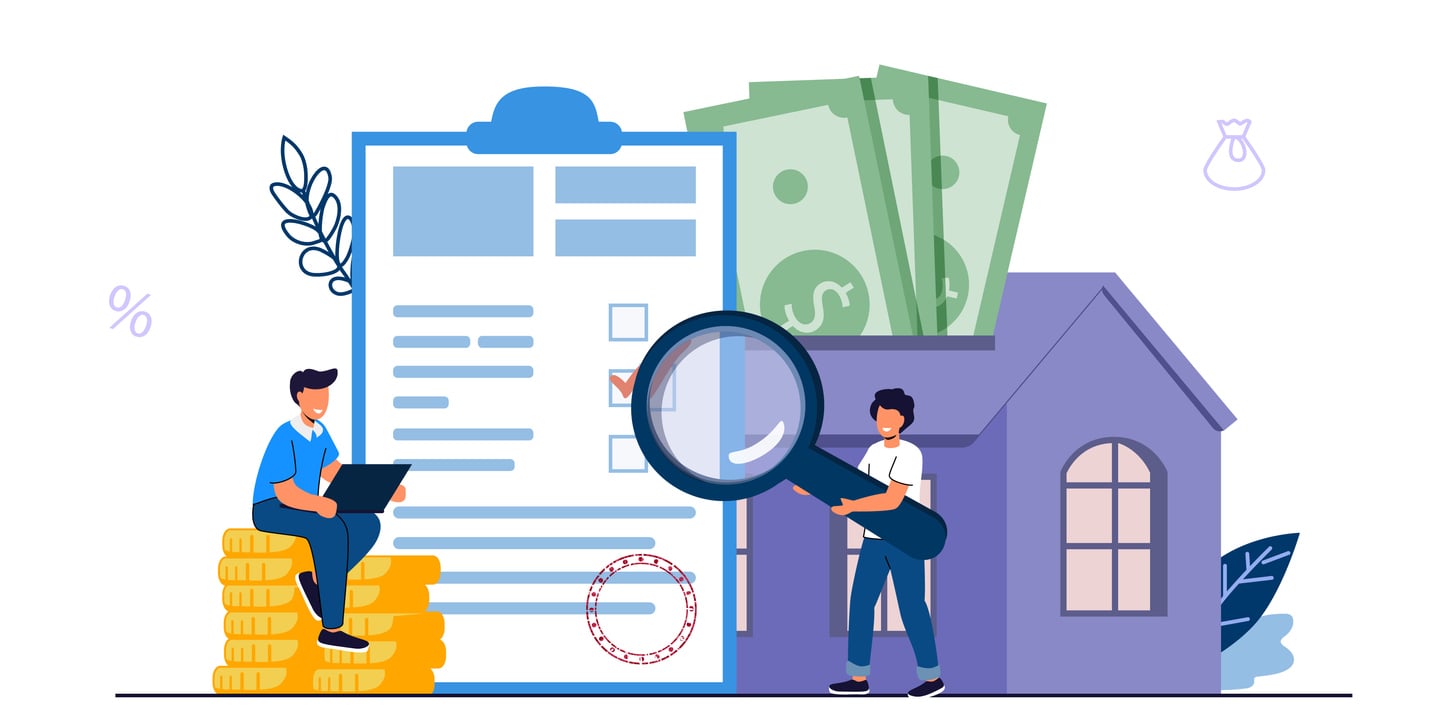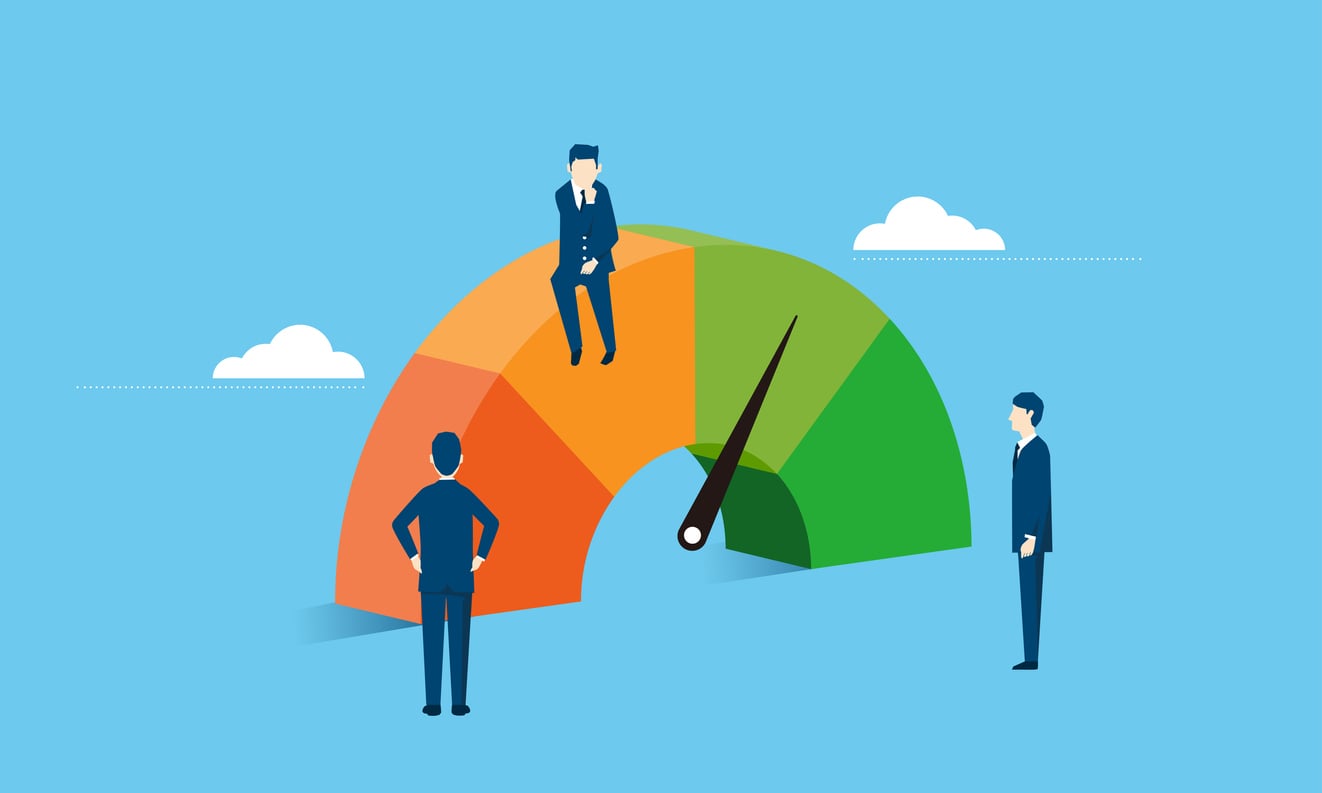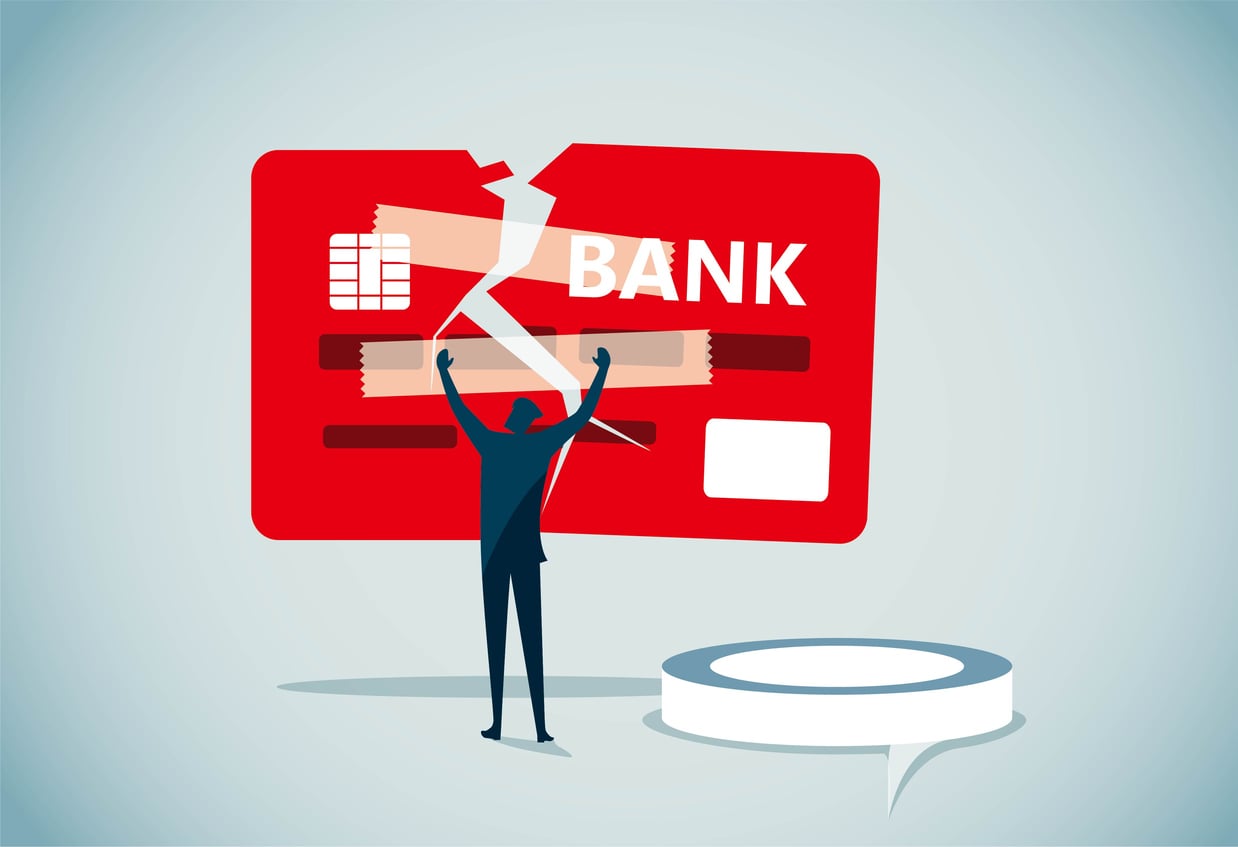How to Get Your Credit Report: A Step-by-Step Guide

Your credit report is an important document that reflects your credit history. It can affect your ability to get a loan, a job, or even an apartment. That's why it's important to make sure your credit report is accurate and up-to-date. In this blog post, we will walk you through the steps of getting your credit report. We will also explain what each of the different sections means. So, let's get started!
Where To Get a Credit Card Report?
Everyone should check their credit report regularly to ensure accuracy and catch any potential identity theft red flags. There are many websites that offer free credit reports, but not all of them are truly free. Some sites will require you to sign up for a free trial of a credit monitoring service before they will give you your credit report. Other sites may say they are free, but then charge you a small fee if you want to see your full report. The best way to get a truly free credit report is to request it from one of the three major credit bureaus: Experian, Equifax, or TransUnion. You are entitled to one free report from each bureau every year, and you can request your report online, by phone, or by mail. Be sure to review your report carefully for any errors or inaccuracies, and take action to correct any problems you find. By monitoring your credit report, you can help protect your financial health.
Information You Need To Get a Credit Card Report
In order to get a copy of your credit report, you'll need to provide some basic information about yourself. This includes your name, address, Social Security number, and date of birth. You'll also need to provide a recent utility bill or other proof of address. Once you've gathered this information, you can contact one of the three major credit reporting agencies - Experian, Equifax, or TransUnion - and request a copy of your report. It's important to review your credit report regularly, as it can help you catch any errors or fraudulent activity. If you spot anything incorrect on your report, you can dispute the error with the credit agency. By staying on top of your credit report, you can help protect your financial health.
How Much Does a Credit Report Cost?
Consumers can get one free credit report from each of the three nationwide credit reporting bureaus every 12 months at www.annualcreditreport.com. You can also get your credit report by calling 1-877-322-8228. Be wary of other websites that offer free credit reports, as some may only give you a free report if you sign up for other services that come with a cost. Some also use misleading advertising to convince you to sign up for their services. When ordering your free annual credit report, make sure it is coming from a legitimate source such as www.annualcreditreport.com or 1-877-322-8228.
How Often Should You Get a Credit Report?
Experts generally recommend checking your credit report at least once a year. However, some suggest checking it more frequently, especially if you're planning to make a major purchase, such as a home or car. Checking your credit report regularly can also help you catch identity theft early on.
Of course, you're not just limited to checking your credit report once a year. You can actually get a free copy of your credit report from each of the three major credit bureaus - Experian, Equifax, and TransUnion - every 12 months. Just go to AnnualCreditReport.com to request yours. So there's really no excuse for not keeping an eye on your credit report. After all, it's one of the most important financial documents you have!
What Does Credit Report Include?
Credit reports include a lot of different information about your financial history. The most important thing a credit report includes is your payment history. This includes whether you've made your payments on time, how late you were, and how much you owed. Credit reporting agencies also look at the types of debt you have, how long you've had it, and your current balance. They also take into account any bankruptcies, foreclosures, or other major financial problems. Finally, your credit report will also list any hard inquiries that have been made into your credit history. This information is important because it helps creditors decide whether or not to lend you money. A good credit report can help you get a loan with better terms, while a bad credit report can make it harder to get a loan at all.



